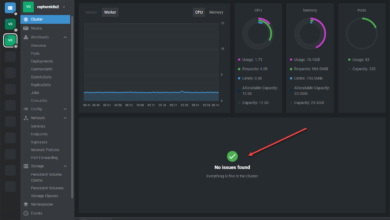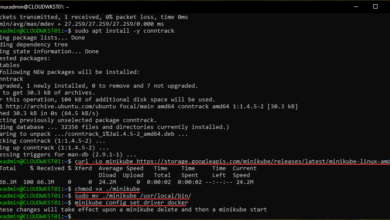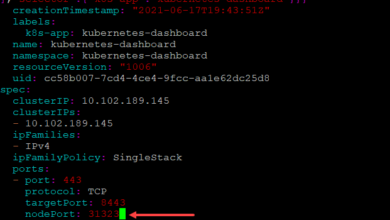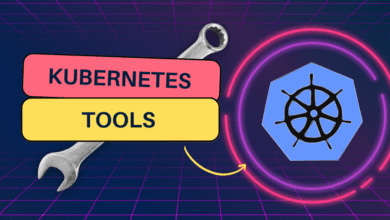Kubernetes vs. Docker Compose: The Main Differences
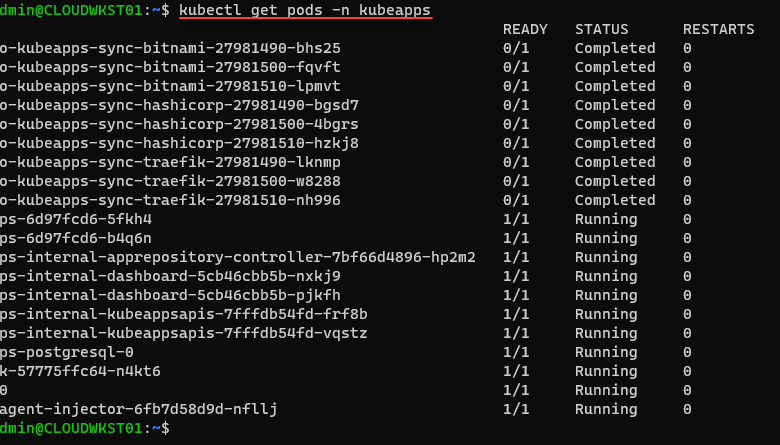
You may hear about different technologies and what they are used for. There are a couple of technologies that many may have heard of. These are Kubernetes and Docker Compose. What are these? How are they used and how do they compare?
Table of contents
Why containers?
You may wonder why so many are transitioning to containerized infrastructure from virtual machines. Containers allow more easily developing a microservice infrastructure environment and enable you to scale objects seamlessly.
They also for more agile and aggressive development processes. Containers allow businesses to effectively break down large monolithic applications into microservices that can be developed independently of one another.
They are also much more lightweight than virtual machines and help to reduce the attack surface since you are only running what is required for the specific application and not an entire operating system.
Common Use Cases for Docker Compose
Docker Compose is a command line tool for defining and running multi-container Docker applications in Docker containers. It is primarily used for local development and testing, allowing developers to describe an application’s services, networks, and volumes using a single YAML file called a compose file (docker-compose.yml).
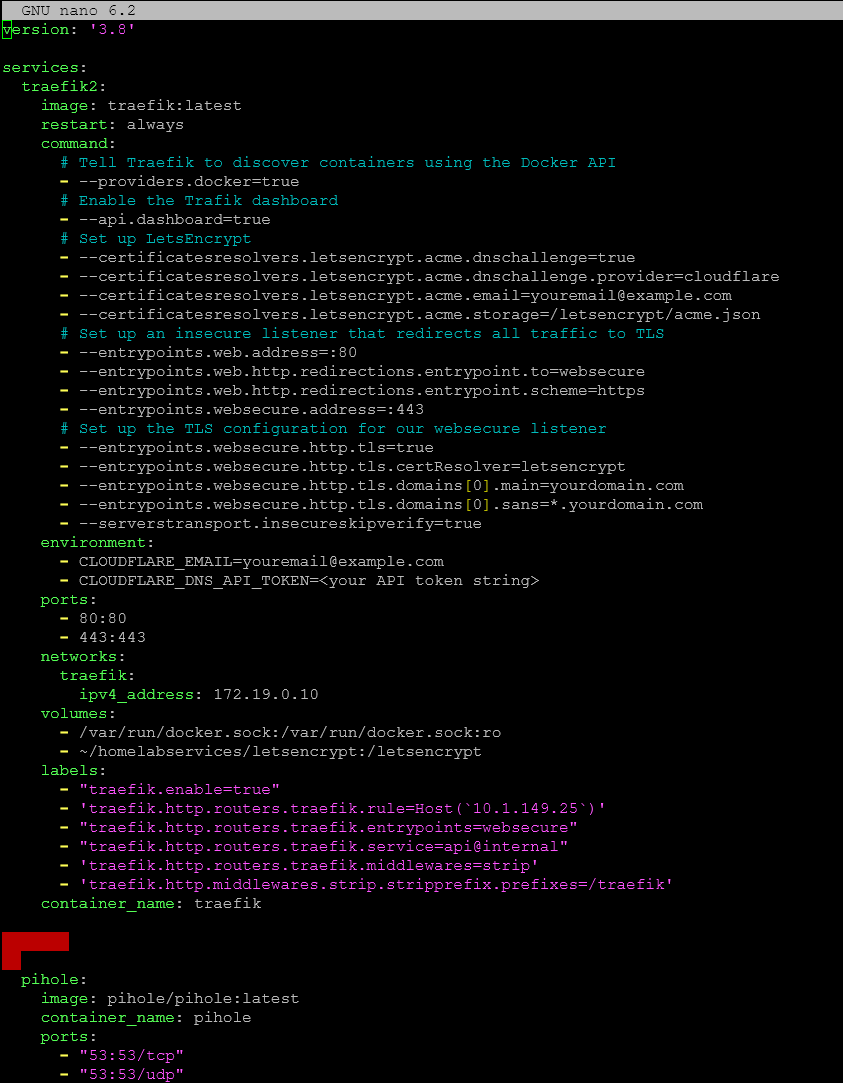
Docker Compose simplifies running multiple Docker containers, multiple isolated containers, and managing containerized applications on a single host machine. Running multiple containers with Docker compose provides visibility into all the containers controlled by the docker-compose.yml file.

Local Development and Testing
Docker Compose is widely used for creating isolated testing environments where developers can run one or multiple containers with their application’s services defined and service dependencies.
This enables developers to run their test suites and automated tests without interfering with other services or projects on their local machine while running multi-container application environments.
Home labs
I use Docker Compose on my standalone Docker hosts to stand up multiple services simultaneously and control these as a single unit. Docker Compose makes things like ingress controller configuration, certificates, and other services much easier.
Simple Deployment on a Single Server
Docker Compose is well-suited for deploying applications on a single server or a small-scale infrastructure. It allows developers to run all the services and their dependencies on the same host, making it a powerful tool for small-scale production environments.
What is Kubernetes?
Kubernetes is a production-grade container orchestrator designed to manage containerized applications across multiple hosts and provide features like load balancing, horizontal scaling, and automated deployment.

It is a popular distributed system orchestrator that manages complex frameworks and microservice infrastructure environments. It allows organizations to orchestrate containers with modern development processes.
Clustered Environment and Hybrid Cloud
Kubernetes supports hybrid cloud environments. This allows admins and developers to deploy their applications on-premises or in the cloud, whichever is needed.
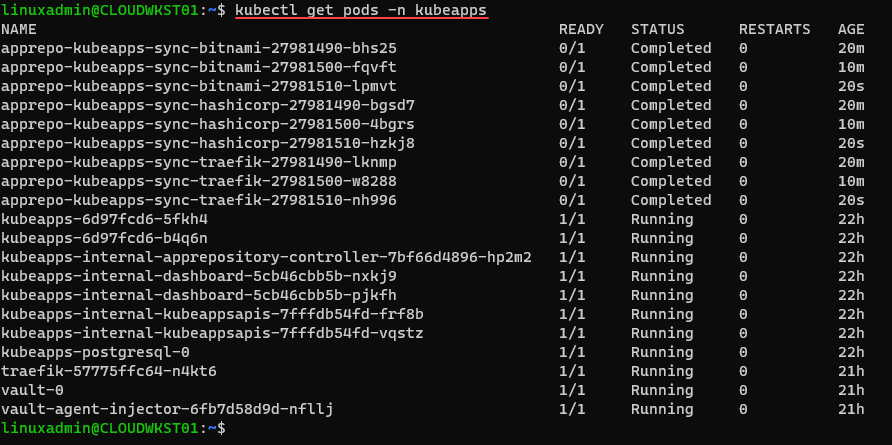
Kubernetes architecture is based on objects, like Pods, Services, and Deployments, that define the desired state of the application and provide deployment metadata.
Scalability and High Availability
With Kubernetes you can scale as needed, horizontally. You also have things like load balancing and automated rollouts and upgrades, and even rollbacks if needed.
Support for CI/CD development environments
Kubernetes works well with continuous integration (CI) and deployment (CD) workflows and running multiple containers at scale. The CI/CD pipeline approach is a great way great way for developers to have much greater agility.
Why Do You Need Orchestration Tools?
Manging multiple containers and applications backed by containers usually requires some type of orchestration. Manually spinning up and provisioning and scaling these environments just isn’t feasible. Container orchestration tools help to do that with ease compared to manual processes.
With these tools you can:
Define and manage the relationships between containers
Monitor and manage the lifecycle of containers
Scale applications to handle increased workloads
Ensure high availability and fault tolerance for applications
Comparing Docker Compose vs Kubernetes
Several key differences between Docker Compose and Kubernetes make each tool better suited for specific use cases.
Ease of Use
When you compare Docker Compose with K8s it is massively easier than Kubernetes. With Docker Compose you can define an entire “stack” for your application with an easy YAML file. It allows devs and admins to spin up or tear down environments as needed with a single command.
Kubernetes is challenging and complex compared to Docker Compose. However, it has many more benefits than Docker Compose. Docker Compose is just a way of writing your app stacks in a configuration file so these come up together. It doesn’t provide any type of high availability or ensure your data is available across nodes.
Scalability and Deployment
Docker Compose lacks the advanced features of Kubernetes for managing large-scale, highly available applications.
Kubernetes is designed for containerized apps across multiple hosts. Its features include providing load balancing, horizontal scaling, and automated deployment features that you just won’t find in Docker Compose.
Integration with Docker Swarm
Docker Compose can be easily integrated with Docker Swarm, another container orchestrator developed by Docker Inc. This allows developers to deploy multi-container applications on a Swarm cluster, benefiting from features like service discovery, load balancing, and rolling updates.
However, even Docker Swarm is less powerful than Kubernetes, considered a more robust and widely adopted container orchestrator. It is often considered the industry standard for large-scale applications.
Ecosystem and Community
Kubernetes has a more extensive ecosystem and community, with a wide range of tools, plugins, and integrations available for various cloud providers and platforms. This makes Kubernetes more versatile and adaptable to different infrastructure and application requirements.
Docker Compose, while still popular, has a smaller ecosystem and is primarily focused on local development and single-host deployments.
What are the Possible Challenges of Migrating from Docker Compose to Kubernetes?
Migrating from Docker Compose to Kubernetes can be challenging, as the two tools have different concepts and configuration formats. Some of the possible challenges include:
Understanding Kubernetes Architecture – Learning the Kubernetes architecture, objects, and concepts can be time-consuming and require a significant investment in training and education.
Converting Compose Files to Kubernetes Configuration – Converting Docker Compose YAML files to Kubernetes manifests can be complex, as the configuration formats and options differ significantly between the two platforms.
Adapting to Clustered Environments – Transitioning from a single-host environment to a clustered one might require changes to the application’s architecture and deployment strategy.
Integrating with Existing Infrastructure – Ensuring Kubernetes integrates seamlessly with existing infrastructure components, such as load balancers, storage, and networking, might require additional configuration and customization.
Wrapping up
Both Kubernetes vs. Docker Compose are powerful tools for managing multi-container applications. Docker Compose is ideal for local development and small-scale deployments, while Kubernetes is better suited for large-scale, highly available applications running on multiple hosts.




